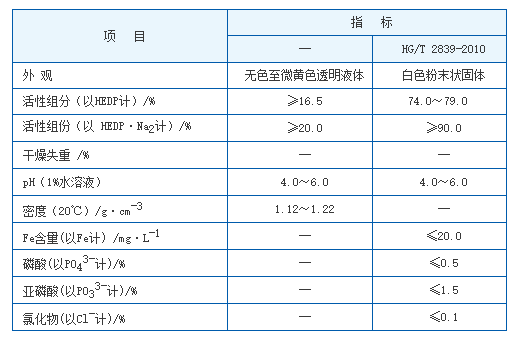poly aluminum chloride pac
Poly Aluminum Chloride (PAC) A Comprehensive Overview
Poly Aluminum Chloride (PAC) is a widely used chemical compound in various industries, particularly in water treatment processes. It is a type of coagulant that helps to remove impurities and contaminants from water, making it suitable for consumption and industrial use. PAC is favored for its efficiency, versatility, and cost-effectiveness, making it an essential component in modern water treatment facilities.
Chemical Composition and Properties
PAC is a polymeric aluminum salt that contains a mixture of aluminum hydroxide and aluminum chloride. Its general formula can be represented as Aln(OH)mCl3n-m, where n and m determine the specific ratios of aluminum, hydroxyl, and chloride ions. The polymeric nature of PAC gives it a higher charge density compared to traditional aluminum coagulants, which enhances its ability to destabilize colloidal particles in water.
The properties of PAC vary depending on its formulation, pH levels, and concentration. It is typically available in both solid and liquid forms, with the liquid variant being used more frequently due to its ease of handling and dosing. The pH of PAC solutions is generally acidic, typically ranging from 3.5 to 5.0, which may require careful adjustment when being used in alkaline water sources.
Applications in Water Treatment
The most prominent application of PAC is in water treatment processes. It serves as a coagulant and flocculant, playing a vital role in clarifying drinking water, treating wastewater, and managing industrial process water. PAC effectively removes suspended solids, turbidity, and organic matter through coagulation and flocculation mechanisms.
When PAC is added to water, it forms small aluminum hydroxide flocs that attract and bind with suspended particles. This aggregation process causes the impurities to settle at the bottom of treatment tanks, allowing cleaner water to be separated and purified. The versatility of PAC means it can be used in a variety of water sources, including surface water, groundwater, and even in seawater desalination processes.
Advantages of Using PAC
poly aluminum chloride pac

PAC has several advantages over other conventional coagulants such as aluminum sulfate. One of the most significant benefits is its higher charge density, which enables effective coagulation at lower doses. This not only reduces chemical costs but also minimizes the production of sludge, making the subsequent disposal processes more manageable.
Another advantage is the broad pH tolerance of PAC, which allows it to function effectively across a wider range of water pH levels compared to other coagulants. This characteristic makes it suitable for use in various settings, including municipal water treatment plants and industrial facilities.
PAC is also known for producing water with improved physical characteristics, enhanced color removal, and reduced toxicity. The efficiency of PAC leads to lower residual aluminum concentrations in treated waters, addressing potential health concerns associated with aluminum exposure.
Environmental Considerations
While PAC is effective in treating water, it is essential to consider the environmental impact of its use. The proper management of sludge generated during the treatment process is crucial. Treated sludge must be disposed of responsibly, taking into account the potential for residual aluminum and other contaminants. Recycling or repurposing sludge can mitigate some of the environmental concerns associated with PAC use.
Additionally, adherence to local and international regulations regarding chemical usage in water treatment is imperative. This ensures the safety of the treated water and protects ecosystems from potential adverse effects.
Conclusion
Poly Aluminum Chloride (PAC) is an invaluable chemical in water treatment processes, known for its efficacy and cost-effectiveness. Its ability to function across various water sources, combined with its favorable properties, makes it a go-to choice for municipalities and industries alike. As the global demand for clean water continues to rise, the importance of PAC in preserving water quality cannot be overstated. However, it is crucial to continue exploring sustainable practices in its application and management to minimize environmental impacts while ensuring access to safe and clean water for all.
-
lk-319-special-scale-and-corrosion-inhibitor-for-steel-plants-advanced-solutions-for-industrial-water-systemsNewsAug.22,2025
-
flocculant-water-treatment-essential-chemical-solutions-for-purification-processesNewsAug.22,2025
-
isothiazolinones-versatile-microbial-control-agents-for-industrial-and-consumer-applicationsNewsAug.22,2025
-
scale-inhibitor-key-solutions-for-water-system-scale-preventionNewsAug.22,2025
-
organophosphonates-versatile-scale-inhibitors-for-industrial-water-systemsNewsAug.22,2025
-
scale-and-corrosion-inhibitor-essential-chemical-solutions-for-water-system-maintenanceNewsAug.22,2025





